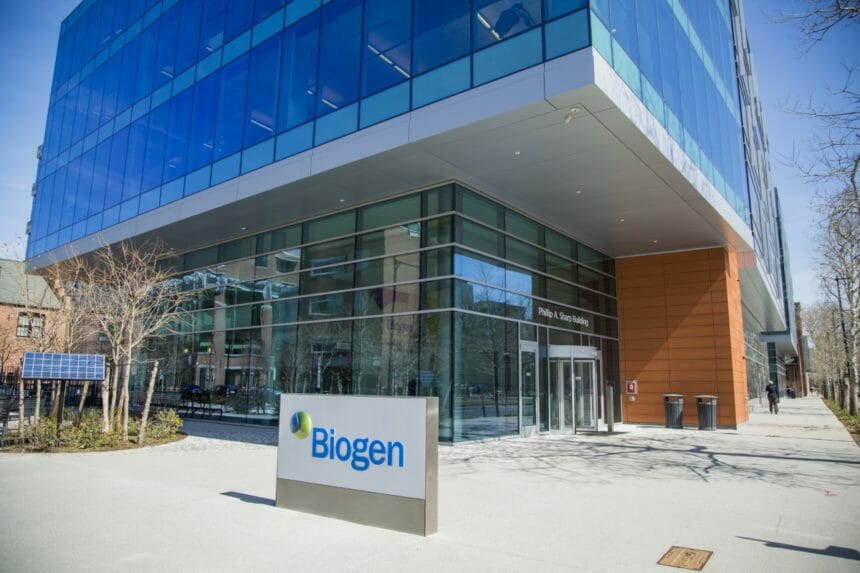Biogen’s quest to get a long-awaited new Alzheimer’s drug to market took yet another twist on Friday afternoon as the FDA advisory committee (AdCom) issued an unfavorable vote on recommending the drug for approval. The panel members were not convinced by the evidence of benefit seen in the Phase III trial data package submitted for consideration.
This fresh blow — after a rollercoaster of news on the drug’s efficacy over the last 18 months — comes two days after FDA scientists released supportive briefing notes ahead of the AdCom meeting, which spiked Biogen’s stock price by more than 40%. Credit Suisse analysts predict that the drug, if approved, could exceed $15 billion in sales by 2025.
Last year, aducanumab’s Phase III program was killed and resurrected before Biogen submitted the drug for approval after a consultation with the FDA. This yielded the wildly unprecedented scenario of a drug being reviewed for approval based on the repackaging of a mixed dataset.
The ENGAGE (301) and EMERGE (302) trials were initiated in 2016, and both were discontinued in March 2019 on the recommendation of an independent monitoring committee, citing a lack of efficacy. However, subsequent talks with the FDA spurred Biogen to conduct a post-hoc analysis. Biogen claimed that additional data that became available after the discontinuation revealed that the drug was able to successfully reduce clinical decline in patients with early Alzheimer’s disease, primarily driven by treatment at the higher dose.
Biogen said EMERGE was a positive study and results from a subset of patients in the ENGAGE study supported findings in EMERGE.
The FDA’s briefing documents were largely aligned with Biogen’s findings, noting that “the results of Study 302 (EMERGE) are highly persuasive and the study is capable of providing the primary contribution to a demonstration of substantial evidence of effectiveness of aducanumab.”
However, the AdCom committee issued a negative verdict, voting 8-1 (2 uncertain) that the successful Phase III EMERGE did not provide strong evidence supportive of aducanumab’s effectiveness. The panel voted 10-0 (1 uncertain) that it was not reasonable to consider EMERGE as primary evidence of effectiveness (along with 301 and a
pharmacodynamic 103 study) for the treatment of Alzheimer’s disease.
While the AdCom vote is non-binding, the FDA usually follows the committee’s recommendation. Its final approval verdict is due in March.
However, there has been some speculation that, given the FDA’s collaborative approach with Biogen in turning aducanumab’s program around (not to mention the tone of its briefing documents), the agency may be feeling pressure to approve a treatment for such a severe and unmet need. Alzheimer’s disease is the most common form of dementia, affecting around 50 million people globally.
“This [the vote] will make it more difficult, although not impossible, of course, for the agency to ignore this strong no-confidence stance,” said Dr. Leon Henderson-MacLennan, medical advisor at inThought Research. If they do approve it, he added, it would represent the regulators “going over the heads of the entire neuro leadership.”
Several committee members were critical of the FDA’s briefing notes, with some of the panel members accusing the agency of showing “bias” towards the therapy and sponsor and “discordance” between the FDA’s clinical and statistical reviewer. “Standards need to be kept as high as established,” said McLennan, noting that absolute certainty is needed prior to an approval.
Aducanumab (BIIB037) is a human monoclonal antibody that selectively binds to beta-amyloid formations in the brains of people with Alzheimer’s disease. The Alzheimer’s field has been haunted by a history of drug trial failures over the last several decades, with hundreds of millions of R&D dollars forfeited in the quest to find a cure.
Biogen is partnered with Eisai to develop and commercialize the drug globally.







